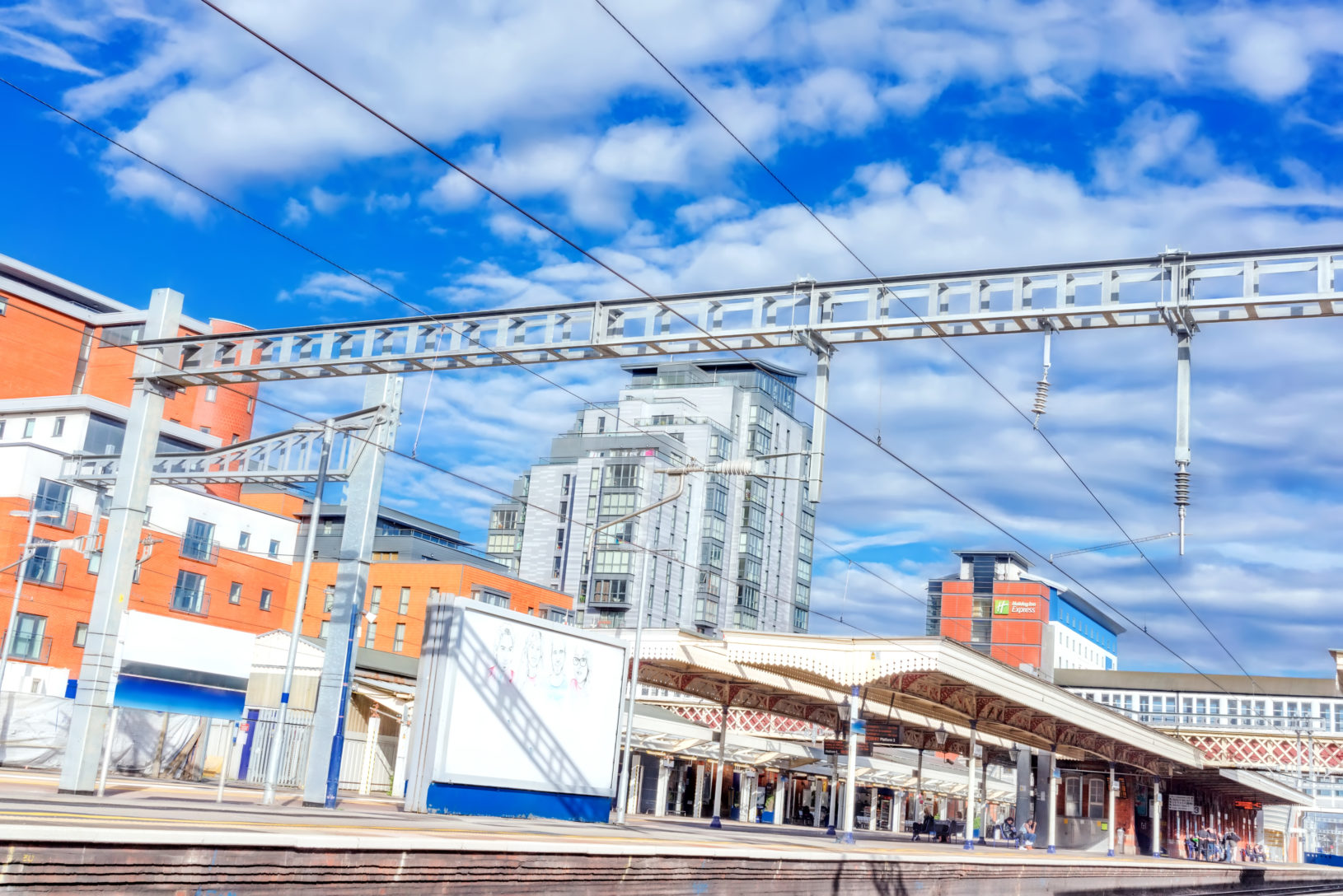
Homes on the right tracks
Greening the Green Belt to solve the housing crisis
Releasing green belt around existing commuter stations could solve the UK housing crisis.

Releasing green belt around existing commuter stations could solve the UK housing crisis.
The housing crisis is arguably the biggest challenge facing economically successful cities.
It has grown for decades and is now corroding social and inter-generational cohesion, increasing regional inequality, and hampering the economic growth of many of our largest cities as workers are forced out by a lack of homes.
Official estimates suggest that we need to build at least 300,000 new homes each year to keep up with the soaring demand. But, despite recent increases in the number of homes built, policy makers have so far been unable to develop a comprehensive plan that delivers homes at the scale this country needs.
This report, authored by academics from the LSE and UCL and published by Centre for Cities sets out detailed plans to release green belt around more than one thousand existing commuter rail stations and build more than two million new homes with fast connections into many of Britain’s largest cities.
In brief it calls for:
This report is published as part of an occasional series by guest experts to provide a platform for new ideas in urban policy. While they do not always reflect our views, we consider them an important contribution to the debate.